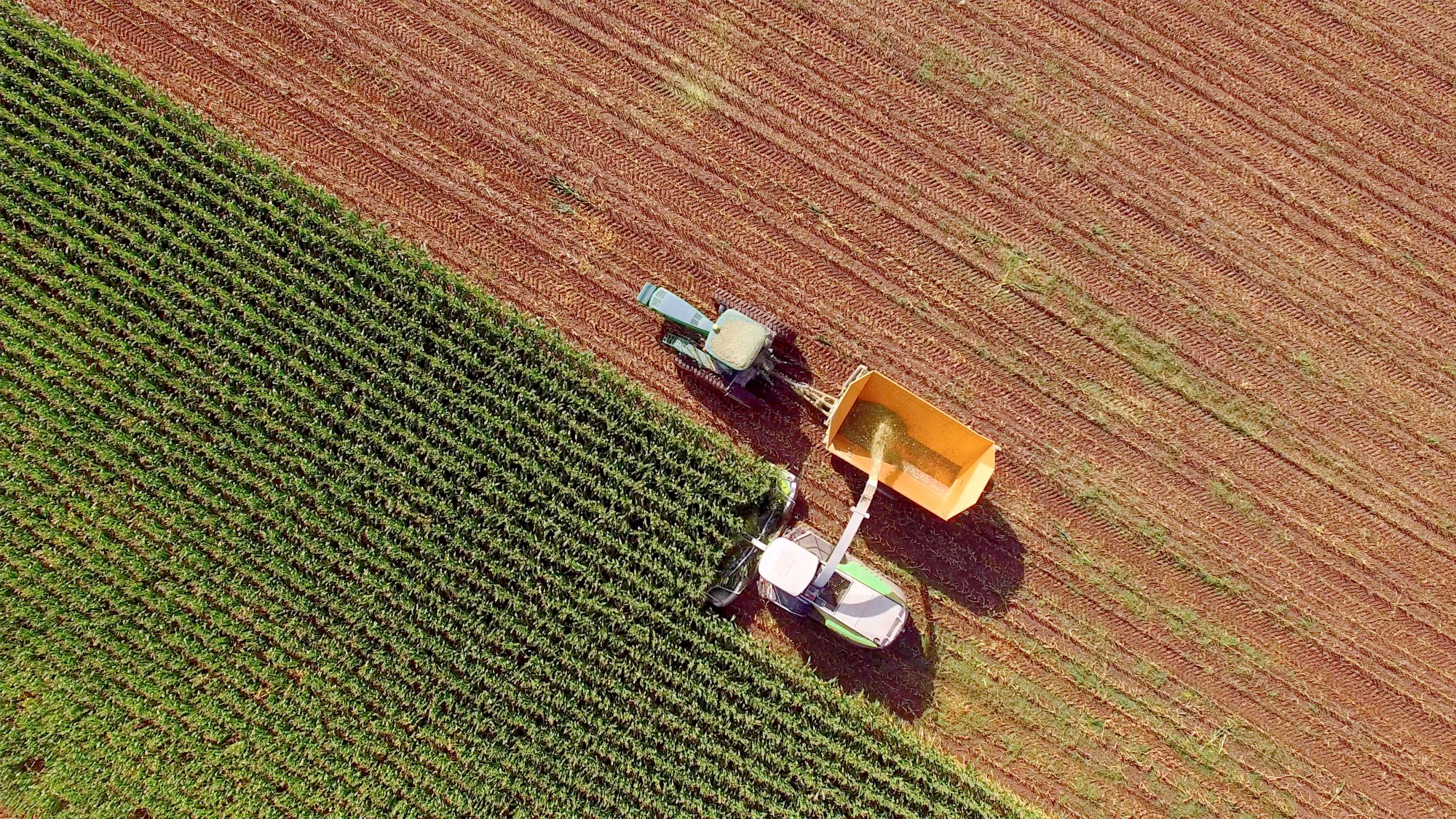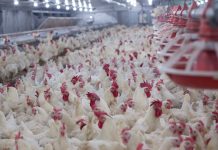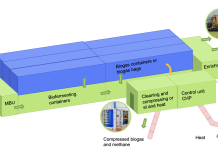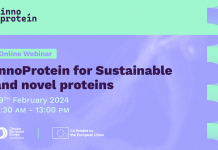Sustainable food research is key to understanding the impact food systems have on our health, the environment, and society – but it needs to be accessible
Science plays a crucial role in helping us understand the complexities of our food systems at a time when the need for sustainable food research and solutions has never been more pressing.
Food systems are under mounting pressure due to our growing world population, economic downturn and global environmental change. From seed to plate, a myriad of factors intertwine and shape the way we produce, distribute, and consume food.
According to recent stats from market insights provider, The Lens, research outputs related to food systems have increased by more than 200% and citations have more than doubled in the last 10 years.
As the body of work in this field increases, researchers want to know that their work is being seen by as wide an audience as possible, and that it’s having an impact.
Fully open journals, such as our new Environmental Research: Food Systems provide a platform to bring a number of benefits for those working to achieve sustainable global food security:
Sustainable food research needs collaboration
Enabling access to the latest discoveries and innovations in food systems helps to foster collaboration among researchers, scientists, policymakers, and practitioners across various fields and regions.
It’s through knowledge transfer and exchange, sharing, methodologies and best practices that we learn from one another’s experiences and can build upon existing understanding. Collectively, we stand a better chance of realising more effective and sustainable solutions.
Open access publishing increases the visibility of research. When articles are published openly rather than behind a paywall, more people can benefit from it. We see this reflected in IOPP user data which shows that articles published open access receive 81% more downloads and 31% more citations.
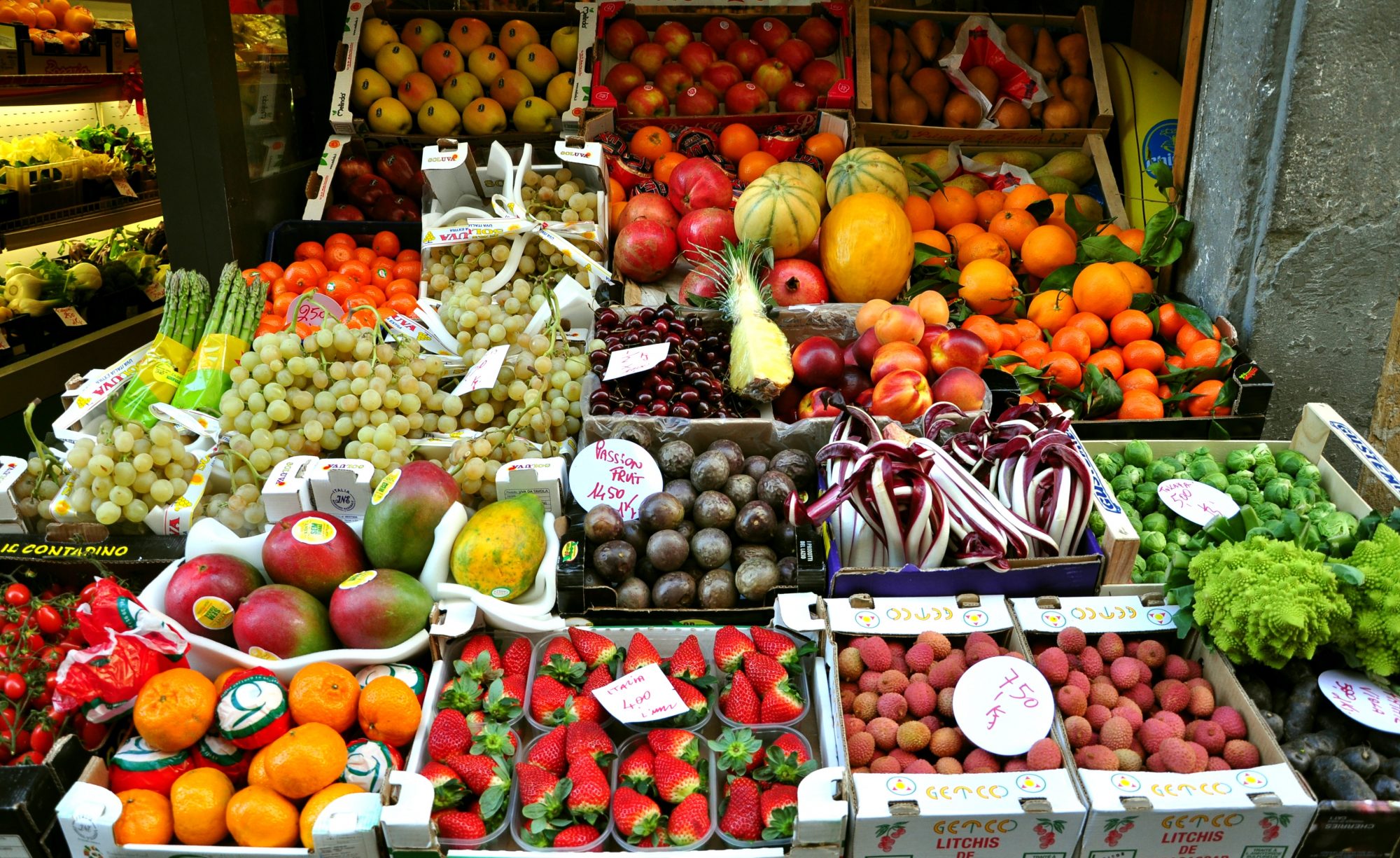
Shaping global food policies
Research also plays a crucial role in informing policy decisions. When research is openly shared, policymakers gain access to up-to-date scientific evidence, data, and insights which empowers them to make well-informed decisions.
Global impact and equity and openly sharing research on sustainable food systems knowledge and solutions are accessible to a worldwide audience is especially important for regions or communities with limited resources who might not otherwise have access to this information.
Open access to research helps reduce disparities and promotes equity, addressing the global challenges of food security, environmental sustainability, and social justice.
Looking to the future of food security
With the many possible outcomes and uncertainty around what the future holds, innovations in science and new perspectives are crucial to make informed decisions to action. Knowledge is a valuable resource that should be freely accessible to all.
It will help us understand the impact food systems have on our health, the environment, and society as a whole. Having an open scientific forum such as Environmental Research: Food Systems, puts us on the right path towards achieving solutions that are inclusive, sustainable, efficient and fit for purpose to benefit present and future generations.
This piece was written and provided by Dr Tim Smith, Head of Portfolio Development at IOP Publishing.
Editor's Recommended Articles
-
Must Read >> We need to rethink food security


